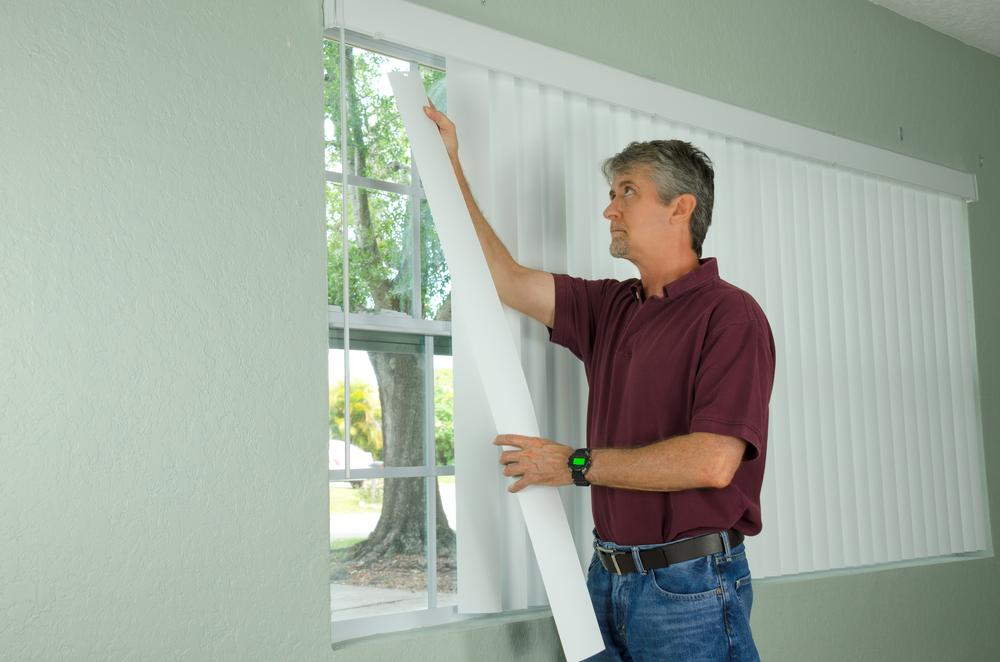What are the different types of window blinds
Window blinds have become a necessary accessory to the modern households. Today blinds are not only functional but decorative as well. If you choose the blinds well, it will make your living space a bit livelier.
There are different types of blinds available in the market. The most common ones are Venetian, Roman, roller, panel and vertical which is also called Louvre. Each blind type is meant to be used for specific window and door styles.

The following are some of the common types of window blinds found in the market.
- Roman blinds
Roman blinds are made up of fabric. Thus, they fold up when the blinds are raised. One-piece area of cloth is installed with slats at the back to let the blinds stack correctly into horizontal pleats when a cord or chain is used to pull it up. They provide excellent insulation during the cold months when the blinds are pulled down as a single panel of textile. - Roller blinds
They are also made from solid piece of cloth and other materials which can be rolled up easily by a pre-loaded spring or pulling a chain. However, there are no stacks like the Roman blinds which works as the primary element of the blind. When the blinds are raised, the fabric wraps up nicely around an aluminum cylinder which is exceptionally lightweight. - Venetian blinds
This has horizontal slats, but there is no use of fabric here. The slats can be made up of anything ranging from vinyl, wood to aluminum. They stack neatly when pulled up. The Venetian blinds let the light to pass when the slats are rotated for opening from top to bottom. The slats can be arranged at different angles as required to regulate the amount of light getting into the room. - Vertical blinds
Vertical blinds are also called Louvre blinds. They are similar to Venetian blinds. The only difference is that the slats hang vertically, i.e., from top to bottom. For smaller windows, they are made using thin strips of vertical slats. However, they are ideal for sliding doors and big windows as well. Buildings that have expansive glass walls install vertical blinds to offer anti-glare screen when required. It also allows the maximum amount of light to enter the room as and when needed. - Panel blinds
They function in a similar way as vertical blinds. They are used to screen big windows and large openings. The only difference between vertical and panel blinds is that the latter is mounted on a track system. The same glides to the right or left as the strings are pulled. A piece of cloth or other material is built into the panel to work as the screen. They also work as dividers for large areas.
It is always a good idea to do some research before you buy window blinds for your house. Get online and locate the different stores offering window blinds. Compare the material and quality on offer along with their prices. Window blinds need proper installation as well. Thus, before buying the same decide how you are going to install them. If you can do it on your own, then there is nothing like that. Otherwise, you need to hire a professional. Choose the color of the blinds as per the interior of your house. If you are not sure about which style and shade would look best in your home, then go for a trial run.















